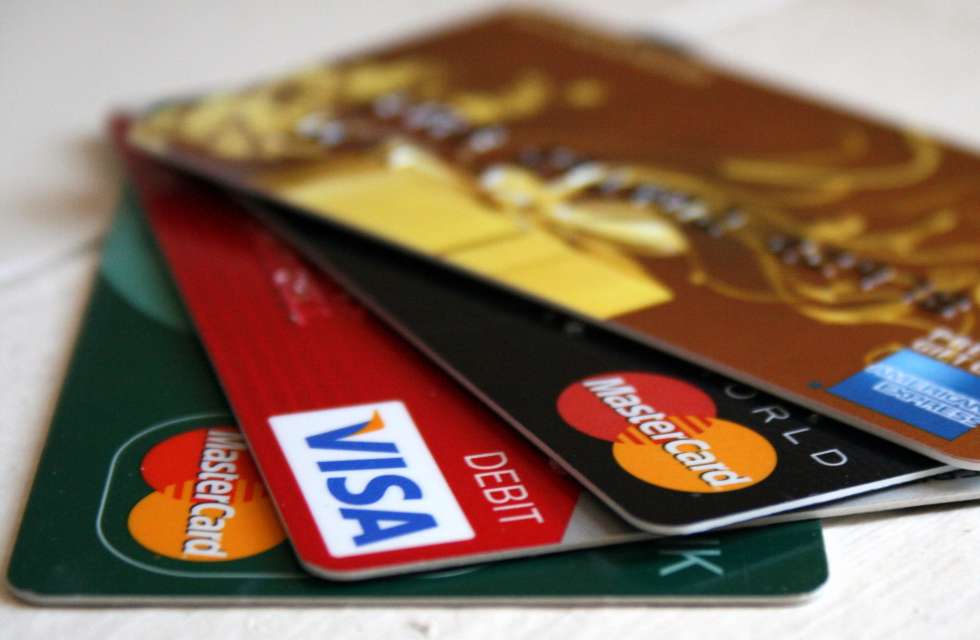The Central Bank of Nigeria (CBN) will launch its domestic card scheme on Monday, January 16, 2023. The apex bank disclosed this during a Bankers’ Committee press briefing on Friday, October 21, 2022.
At the press conference, Premier Oiwoh, Managing Director, Nigeria Inter-Bank Settlement System Plc (NIBSS), explained that the domestic card scheme would reduce the operating costs of cards in the country while aiding the country’s financial inclusion goals.
In addition to facilitating the move to a cashless economy, the card is expected to enhance data sovereignty in Nigeria. The CBN, in a statement, shared that the rapid growth of Nigeria’s payment landscape means that the country can launch a domestic card scheme.
Nwanisobi Osita, Director of Corporate Communications at the CBN, said, “Considering the strength and breadth of its banking sector and the rapid growth and transformation of its payments system over the last decade, Nigeria is ideally positioned to successfully launch a national card scheme.”
What is a card payment scheme?

In Nigeria, debit cards have gradually become an accepted form of payment by merchants, with Visa, Mastercard, and Verve serving the Nigerian market.
A card payment scheme is a payment network that processes payments using debit and credit cards. Visa and Mastercard are two of the largest card payment schemes globally. Typically, banks and financial institutions sign up for a card payment scheme that they use to issue cards to customers for a fee.
Financial institutions are not the only ones that require the services of a card payment scheme. Any business that intends to issue cards to its customers may require these services. For example, a supermarket that runs a loyalty programme could issue cards to customers. However, these cards will likely be backed by a financial institution.
Why does Nigeria’s Central Bank want to start a card payment scheme?

As earlier highlighted, Visa, Mastercard, and Verve are the three card payment systems used by financial institutions in Nigeria, but this could change by January 2023, when the CBN’s card payment scheme is expected to debut.
By launching a card payment scheme, Nigeria will join the likes of India, Brazil, and Turkey, all of whom have domestic card payment schemes. RuPay, the Indian card payment scheme backed by the National Payments Corporation of India (NCPI), is already one of the largest card issuers in the country, with over 600 million cards issued by 1,100 banks in India.

Victoria Fakiya – Senior Writer
Techpoint Digest
Stop struggling to find your tech career path
Discover in-demand tech skills and build a standout portfolio in this FREE 5-day email course
Going by the statements issued by CBN and NIBBS representatives, part of the aim of the new card scheme is to reduce the costs of operating cards in the country for both card issuers and customers.
In India, for example, banks that issue RuPay cards do not need to pay card registration fees, unlike when they issue Mastercard or Visa cards. This has undoubtedly contributed to the card’s widespread acceptance in the ten years since it launched. According to the Reserve Bank of India, RuPay had 60% of the card market share in India as of 2020, up from 15% in 2017.
Another reason put forward by the apex bank is that this would help drive financial inclusion. With lower operating costs for banks, they can reduce what they charge for issuing cards, which could encourage more people to use them. Banks currently charge between ₦800 ($1.6) and ₦1,100 ($2) to issue debit cards, but this cost might drop significantly.
Also, financial institutions would not have to deal with forex challenges as payments to the card payment scheme would be made in naira, potentially providing some respite as the country battles severe forex scarcity.
What does this mean for existing players in the space?

In a word, competition. Being CBN-driven, the costs of acquiring financial institutions are significantly lower than existing players who need to deploy marketing resources to get financial institutions on board.
Crucially, the CBN can also mandate financial institutions to issue these cards to users. India, for example, has repeatedly encouraged state-run banks to promote RuPay cards while businesses with an annual turnover of over ₹50 crores ($6 million) have had to offer RuPay payment options to their customers.
Additionally, its focus on reducing the operational costs of issuing cards in the country’s financial system could mean it either eliminates some operational costs, like the case of RuPay or charges a significantly lower fee.











